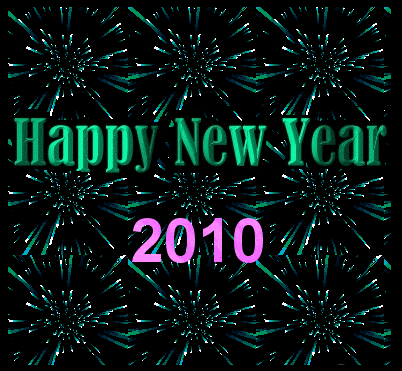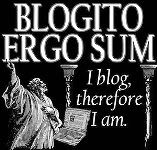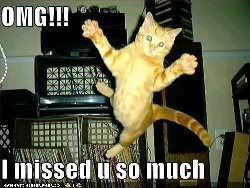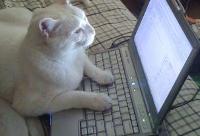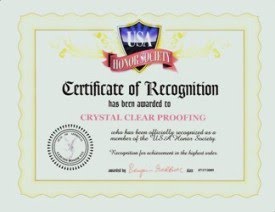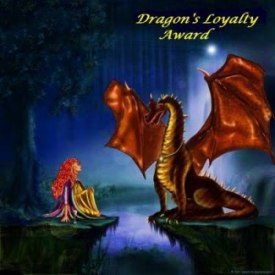
Prepositions are those little words that show us the relationship between nouns or noun substitutes. They come in two varieties, simple and complex, and they are always followed by a noun. The result is what's called a
prepositional phrase.
- The ogre hid out
under the bridge.
-
Beneath the lily pad, the frog waited for a princess to kiss him.
-
For richer or
for poorer,
in sickness and
in health...
The most common simple prepositions are:
about, above, across, after, against, along, among, around, at, before, behind, below, beneath, beside, between, beyond, by, during, except, for, from, in, inside, into, near, of, off, on, since, through, to, toward, under, until, up, upon, with, within, without.Complex prepositions combine two or three words to act as one preposition: according to, insofar as, instead of, along with. All you have to remember is that they, too, require a subject.
- Many card games are played
according to Holye.
-
Instead of the typical response, Jeremy chose to answer in Spanish.
- Tonight's performance is cancelled
due to illness.
While prepositions aren't one of the major migraines in English, they do present a few issues. For little words, they can be misused in a big way. A few of the most obvious victims are
in/at,
from/then,
among/between, and
in/into.
*
In or
at? Use
in with spaces (
in the universe,
in the bath,
in a row,
in a field of study). Use
at with places (
at the resort,
at the top of the page,
at the back of the room). Therefore,
- Although I sat
at the front of the classroom
in college, I was still bad
in math.
*
From or
than? This one is easy. It should always be
different from. The commonly heard
different than is incorrect, (
than isn't a preposition, it's a conjunction). Therefore,
- Even more
than I thought, rugby is
different from baseball.
*
Among or
between? Usually,
among is used when more than two parties or things are involved.
Between is preferred when there are only two.
- Smaller prizes were divided
among the participants, while the big money was split
between the two winners.
However, from its earliest usage,
between has been extended to more than two, for instance,
- There were varying positions on the treaty
between Timbuktu, Tasmania and Turkey.
In common usage, either
among or
between is correct. Just listen for the sense of the sentence.
*
In or
into? In many instances, either one is correct, or the correct choice is obvious.
Into implies an action, while
in most often describes a condition. For instance,
- Lassie jumped
in/into the lake to save Timmy from the alligator.
- While skiing
in Switzerland, I fell
into/in a snow bank.
Source: The Gremlins of Grammar



